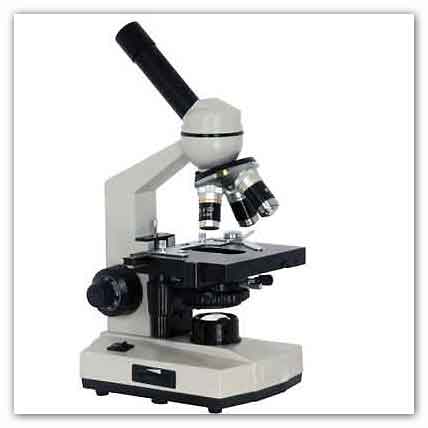|
Drug-resistant bacterial pathogens pose an urgent
public-health crisis.
From microbial-extract screening, of a
nucleoside-analog inhibitor that inhibits bacterial
RNA polymerase (RNAP) and exhibits antibacterial
activity against drug-resistant bacterial pathogens
researchers discovered pseudouridimycin (PUM).

PUM is a natural product comprising a
formamidinylated, N-hydroxylated Gly-Gln dipeptide
conjugated to 6'-amino-pseudouridine.
PUM potently and selectively inhibits bacterial RNAP
in vitro, inhibits bacterial growth in culture, and
clears infection in a mouse model of Streptococcus
pyogenes peritonitis.
PUM inhibits RNAP through a binding site on RNAP
(the NTP addition site) and mechanism (competition
with UTP for occupancy of the NTP addition site)
that differ from those of the RNAP inhibitor and
current antibacterial drug rifampin (Rif).
PUM exhibits additive antibacterial activity when
co-administered with Rif, exhibits no
cross-resistance with Rif, and exhibits a
spontaneous resistance rate an order-of-magnitude
lower than that of Rif.
PUM is a highly promising lead for antibacterial
therapy.
For more information
Cell
Antibacterial Nucleoside-Analog Inhibitor of
Bacterial RNA Polymerase
Link...
UniversitÓ degli studi di Milano
Link...
MDN |